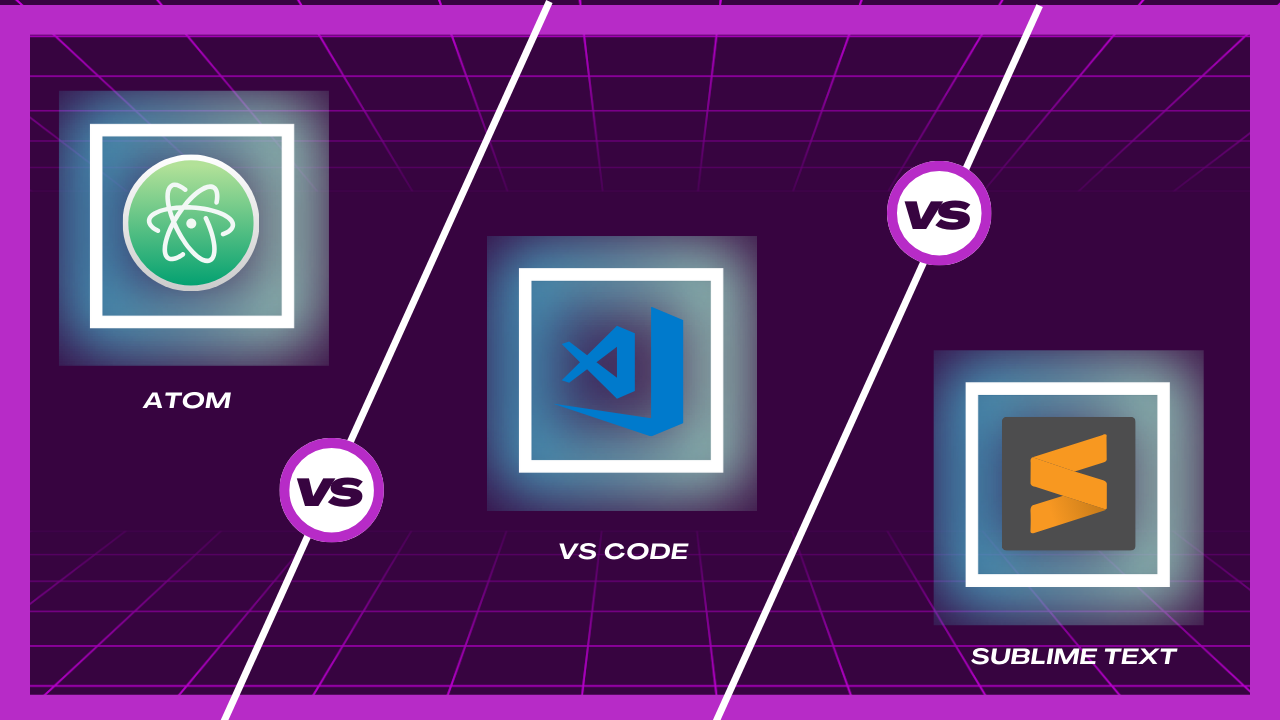
Code Editors Demystified: Choosing the Right One for Your Workflow
In the vast landscape of software development, choosing the right code editor is akin to selecting the perfect tool for an artisan. Code editors serve as the canvases where developers bring their ideas to life, and finding the one that aligns seamlessly with your workflow can significantly impact productivity and overall coding enjoyment. Let’s demystify the world of code editors and explore various options to help you make an informed choice.
Understanding Code Editors
A code editor is a fundamental tool for developers, providing an interface for writing, editing, and managing source code. Unlike Integrated Development Environments (IDEs), code editors are often lighter in weight, focusing primarily on the essential features needed for code creation.
1. Visual Studio Code (VSCode): The Modern Marvel
– Overview: Visual Studio Code, developed by Microsoft, has rapidly become a go-to choice for many developers. It’s a lightweight, open-source code editor with powerful features and an extensive extension marketplace.
– Key Features:
- IntelliSense: Smart code completion.
- Built-in Git: Seamless version control integration.
- Extensions: A vast library for customization.
– Pros:
- Lightweight and fast.
- Active community support.
- Excellent debugging capabilities.
– Cons:
- May lack some features of full-fledged IDEs.
2. Atom: A Hackable Editor for the 21st Century
– Overview: Atom, created by GitHub, is known for its hackability and user-friendly interface. It’s an open-source code editor designed to be customizable to meet individual needs.
– Key Features:
- Packages: A wealth of community-contributed packages.
- Teletype: Real-time collaborative coding.
- Smart autocompletion: Helps in writing code faster.
– Pros:
- Highly customizable.
- Active community and package ecosystem.
- Frequent updates and improvements.
– Cons:
- Can be resource-intensive for large projects.
3. Sublime Text: The Text Editor You’ll Fall in Love With
– Overview: Sublime Text has gained a reputation for its speed and responsiveness. It’s a proprietary code editor with a clean, distraction-free interface.
– Key Features:
- Goto Anything: Quickly navigate to files, lines, or symbols.
- Multiple selections: Edit multiple lines simultaneously.
- Command Palette: A quick way to access functionality.
– Pros:
- Blazing-fast performance.
- Elegant and uncluttered design.
- Extensive plugin support.
– Cons:
- Requires a license for continued use.
4. Visual Studio: A Robust IDE for Windows Development
– Overview: Visual Studio is a comprehensive integrated development environment by Microsoft, offering a plethora of tools for Windows development.
– Key Features:
- CodeLens: Real-time code analysis.
- Azure integration: Seamless cloud development.
- Visual Studio Marketplace: Extensive plugin ecosystem.
– Pros:
- Powerful features for .NET development.
- Rich debugging and profiling tools.
- Excellent for large-scale projects.
– Cons:
- Resource-intensive for lightweight projects.
Choosing Your Perfect Editor
The choice of a code editor depends on various factors, including your programming language, project complexity, and personal preferences. Visual Studio Code, Atom, Sublime Text, and Visual Studio each cater to different needs, offering unique features and customizability.
Experiment with different editors, explore their extensions, and observe how they integrate into your workflow. Whether you prefer the modern versatility of Visual Studio Code, the hackable nature of Atom, the sublime elegance of Sublime Text, or the comprehensive toolset of Visual Studio, your coding journey begins with the editor that feels like an extension of your creative self.
Happy coding!
